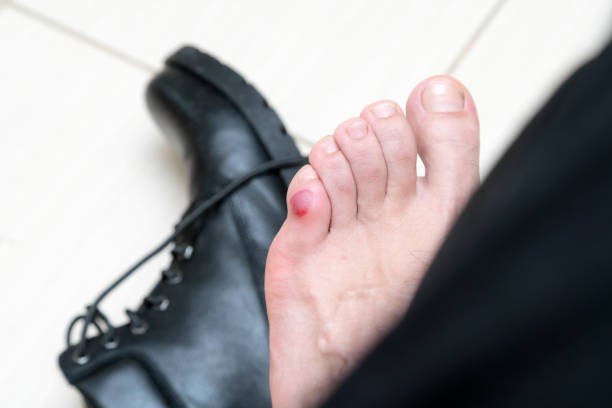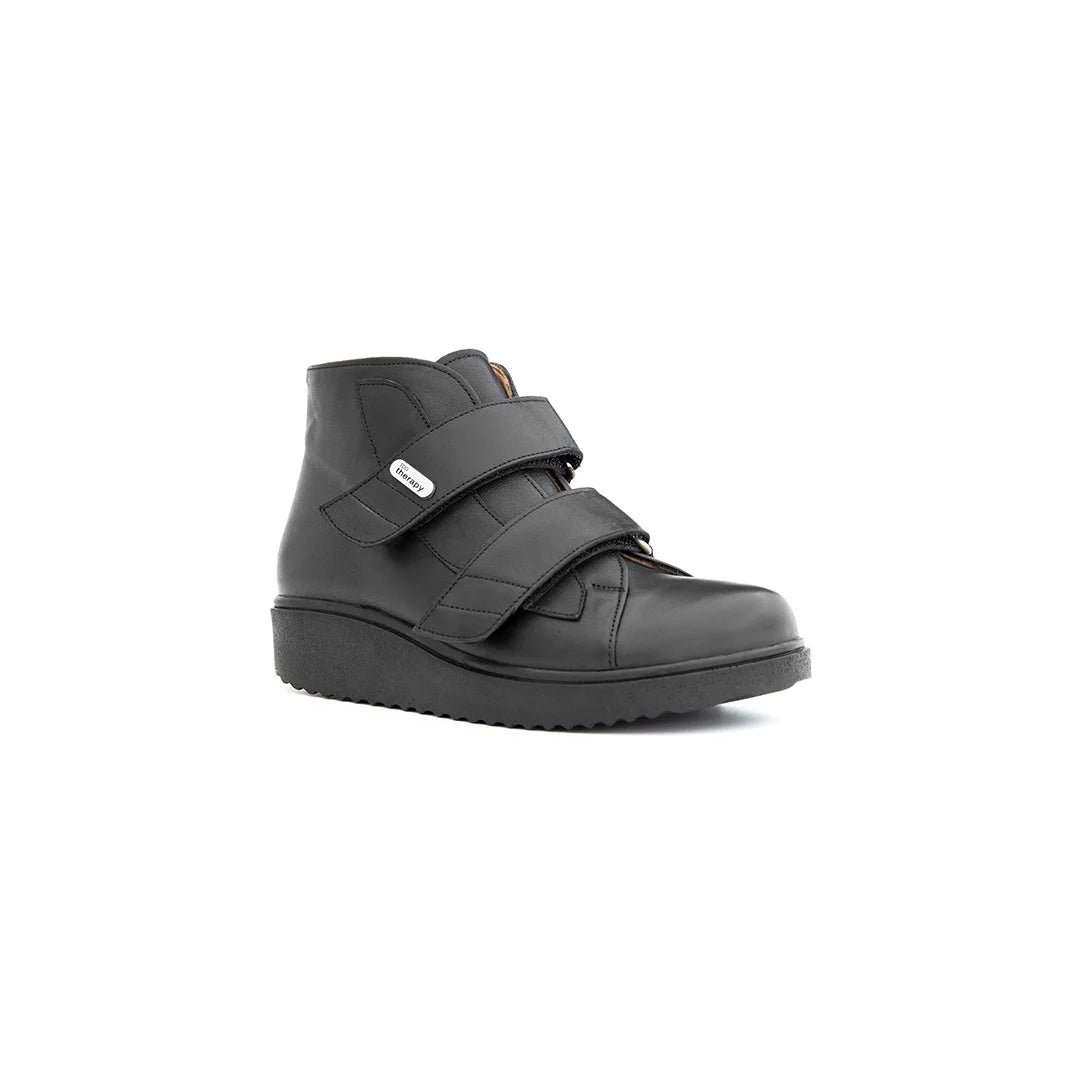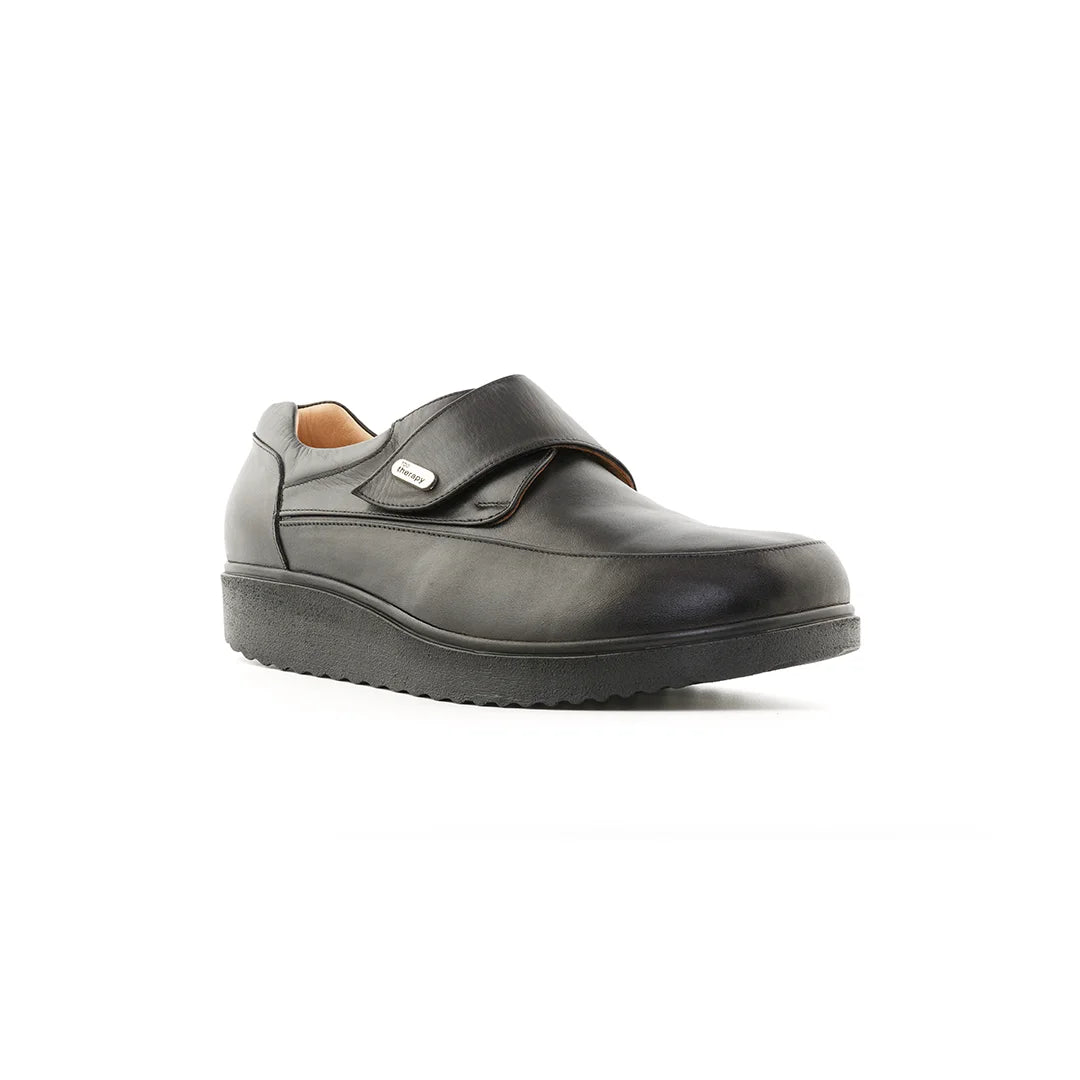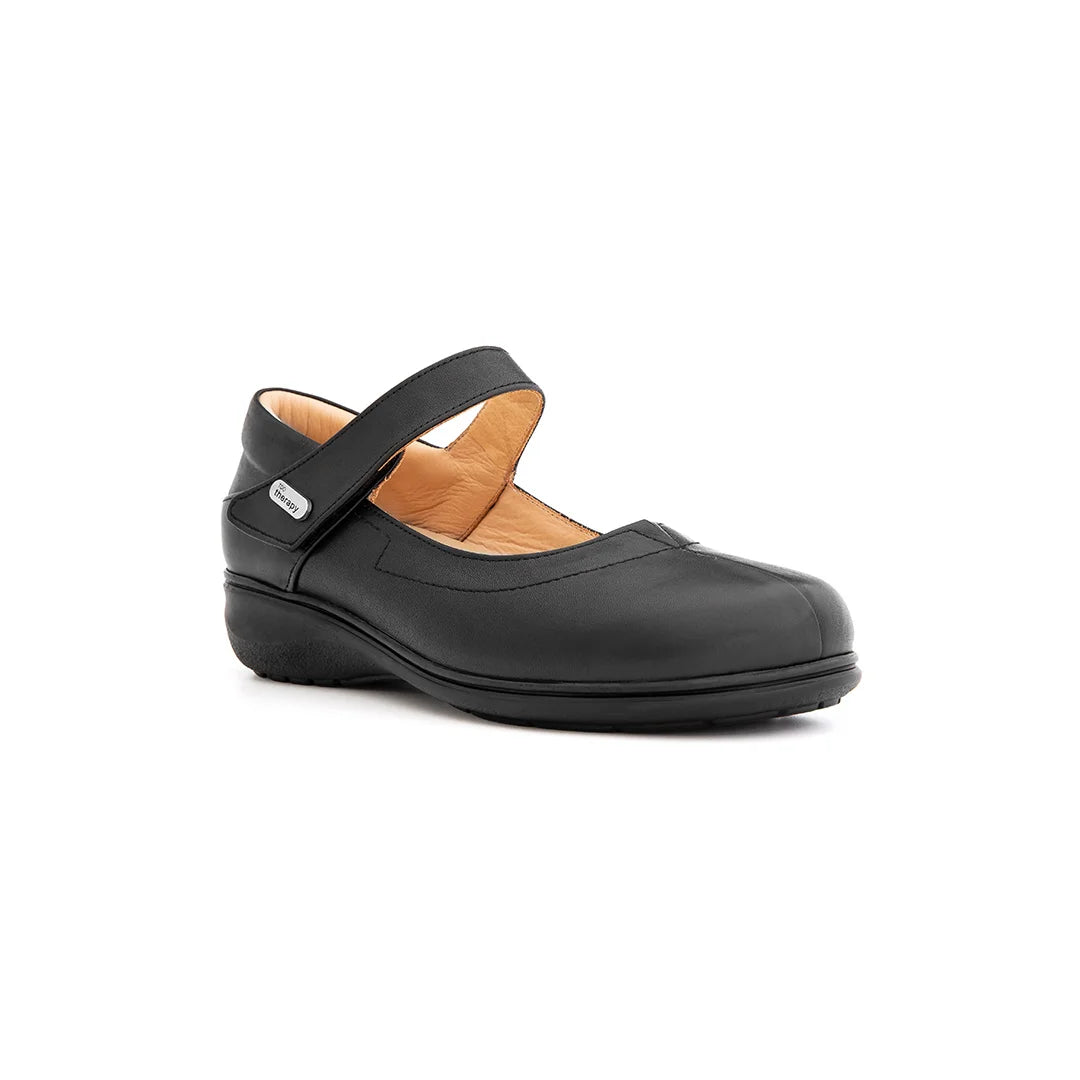As a person with diabetes, taking care of your feet is essential to prevent potential complications. Diabetes can affect the nerves and blood vessels in the feet, making them more susceptible to injury and infections. To avoid foot problems, it's important to be aware of common foot mistakes and take preventive measures. In this article, we will discuss some common foot mistakes to avoid if you have diabetes.
Neglecting proper foot hygiene
Good foot hygiene is crucial for individuals with diabetes. Neglecting to keep your feet clean and moisturized can lead to dry skin, cracks, and ulcers. Wash your feet daily with mild soap and lukewarm water, and dry them thoroughly, paying attention to the areas between the toes. Avoid soaking your feet for extended periods as it can cause the skin to become too soft and prone to injury.
Ignoring foot pain or discomfort
If you experience foot pain or discomfort, it's important not to ignore it. Diabetes can damage the nerves in your feet, causing a loss of sensation. This means you may not feel pain or discomfort as easily, leading to delayed detection of foot problems. Regularly check your feet for any cuts, blisters, or sores, and seek medical attention promptly if you notice any issues.
Wearing ill-fitting shoes
Wearing shoes that are too tight or too loose can increase the risk of foot problems. Ill-fitting shoes can cause friction, pressure, and irritation on the feet, leading to blisters, calluses, or even foot ulcers. Invest in well-fitting shoes that provide adequate support and cushioning, and avoid shoes with pointed toes or high heels that can cause undue pressure on certain areas of the feet.
Going barefoot
Walking barefoot, especially outdoors, can be dangerous for individuals with diabetes. Walking without footwear increases the risk of cuts, scrapes, and injuries to the feet, which can be difficult to detect due to reduced sensation. Always wear appropriate footwear, even when indoors, to protect your feet from potential injuries.
Neglecting regular foot exams
Regular foot exams are essential for individuals with diabetes to detect any potential issues early. Don't skip your routine foot exams with your healthcare provider. Your healthcare provider can assess the health of your feet, identify any areas of concern, and provide appropriate guidance on foot care practices.
Not managing blood sugar levels
Poorly managed blood sugar levels can adversely affect the nerves and blood vessels in the feet, increasing the risk of foot problems. It's crucial to keep your blood sugar levels within the target range as advised by your healthcare provider. Follow a healthy diet, exercise regularly, take prescribed medications as directed, and monitor your blood sugar levels regularly to keep them under control.
Smoking
Smoking can further damage the blood vessels, including those in the feet, and impair blood flow, which can delay healing and increase the risk of foot complications. If you have diabetes, quitting smoking is crucial for overall foot health and general well-being.
Bottom Line
Avoiding common foot mistakes is essential for individuals with diabetes to prevent potential foot problems. Good foot hygiene, wearing well-fitting shoes, avoiding walking barefoot, regular foot exams, managing blood sugar levels, and quitting smoking are crucial preventive measures to protect your feet. It's important to work closely with your healthcare provider to develop a comprehensive foot care plan that suits your specific needs and lifestyle. By taking proactive steps to care for your feet, you can reduce the risk of foot complications and maintain healthy feet as part of your overall diabetes management plan. Visit TDO Therapy for more details.














